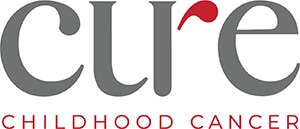These final thoughts didn’t necessarily fit under what to say or what not to say, but I think there is some worthwhile information that might help you tangibly support a friend whose child has been diagnosed with cancer and possibly other long term illnesses. I present them in no specific order:
- Every child going through treatment for cancer should have an iPad. I know it sounds crazy and utterly first-world, but I don’t know how Kylie would have gotten through the boring days in the hospital without it.
- Texting was the best way to ensure a message got to us. In the hospital, our phones were always on silent to help her rest. We rarely picked up a call.
- In the early days, we weren’t very keen on surprise visits because Kylie’s pain and sickness were extremely unpredictable. I’m sure that varies from patient to patient, but we preferred a text first.
- Help with siblings. This falls under the action part of love, but it spoke volumes to us in the early stages of diagnosis and treatment. It was so hard to balance our need to be with Kylie with the needs of her sisters. Friends grabbed them and took them to dinner, movies, and sleepovers. It was a great relief to know they were not only provided for but having fun as well.
- Most families going through treatment need some level of financial support or have a fear of the unknown. If you can help, that takes an added pressure off. It doesn’t seem like much, but a card with a $20 bill in it makes you feel better when the rest of the mail is hospital bills.
- We were fortunate to have good insurance, but the costs that seemed to get very large were prescriptions and gas. If you prefer not to give cash, gas cards, or gift cards to grocery stores with a pharmacy are particularly helpful. We also got a lot of restaurant gift cards and they were wonderful to have on hand for our other children – who could use them when we had long days at the hospital.
- There is a large community of support for children fighting cancer and Kylie received things in the mail nearly every day. If your heart goes out to a cancer patient and you want to help, please understand that you will most likely never receive a thank you. We are good Southerners and it went against every bit of manners we’ve been taught, but we were just too overwhelmed to send out thank you cards.
- We read everything – every note, letter, and comment on Caringbridge, Facebook, and Instagram. I assure you that your words matter and comfort. Also, if you are letting kids send letters to a cancer patient, proof-read them first. Kylie got a couple from children who said things like, “it won’t be so bad if you die because you’ll be with Jesus.” We knew they were sincerely hoping to comfort Kylie, but that was not what she needed to hear. We screened all her mail after that.
There are a lot of things you can do to help your friend appropriately. During this time of upheaval, it may take a little more forethought. But help is needed and appreciated.



